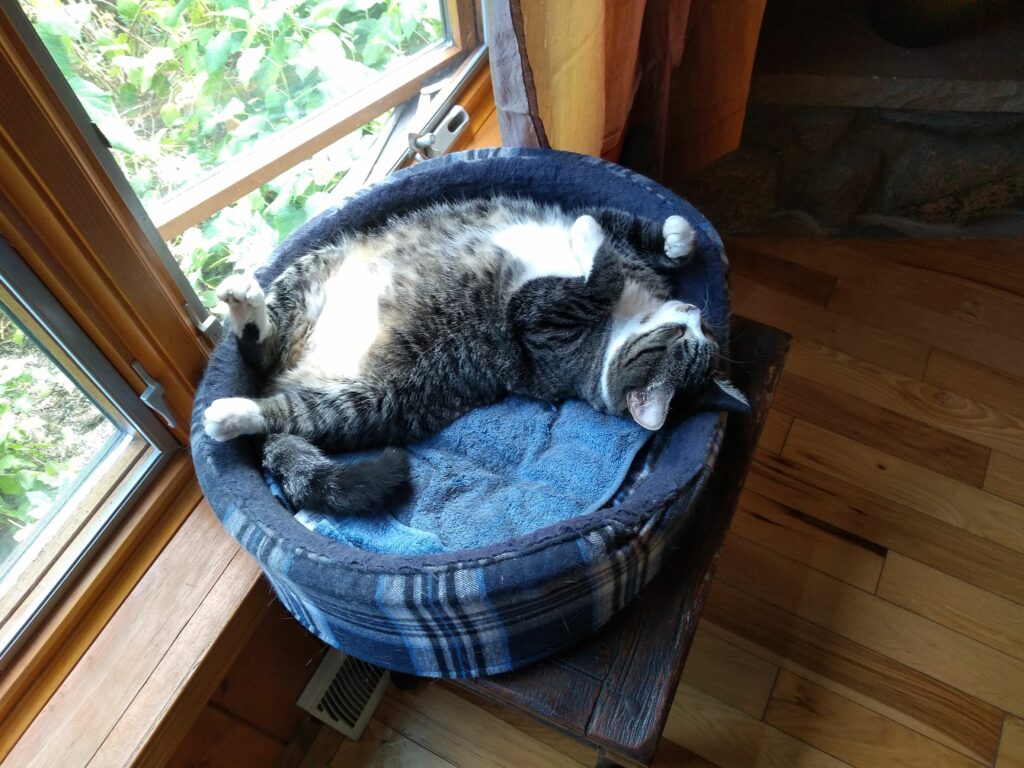By Terry C. Misfeldt
If you have ever wanted to write but ask yourself: What do I write about?, here are eight tips:
- Write about what’s going on in your life. You may think your life is boring but other people may find what you do fascinating and of interest to them.
- Write about your area of expertise. You may be adept at crochet or solving crossword puzzles. Share your skills by writing about the steps you take to accomplish perfection.
- Write a book review. There are places on the web that offer you the opportunity to comment and share your thoughts about books you’ve read, like Good Reads. Writing reviews is a good place to start writing.
- Write about your family’s genealogy. You can write about your parents and what they went through when they were growing up. They can share storied about your grandparents, and maybe even your great grandparents if you ask. Don’t wait, though. You’ll regret avoiding those conversations if you wait too long.
- Write a poem about someone you love. It doesn’t matter if it rhymes or even makes sense; you’re writing to share your feelings with that special someone…and they’ll love it because it came from you.
- Write about a topic of interest to you, whether it’s hunting, the weather, science, gardening, tree planting, chemistry, or television programs. The idea is to write.
- Write about your childhood. Who were some of your friends when you were growing up, and what did you do that was memorable? Where did you play? What music did you listen to? What was your favorite TV program? Who did you admire?
- Keep a journal. Write down what happens in your life on a daily basis. What may seem mundane to you could prove to be the foundation of an interesting story.
Once you start writing, the ink bug will get you and you’ll want to put more words on paper or save them in a storage device. My, how times have changed from the days of pen and paper as our main method of communication. Yes, sending a letter to a relative, friend or loved one is another option for what to write. Think paper, envelope, and a First Class stamp. What?

